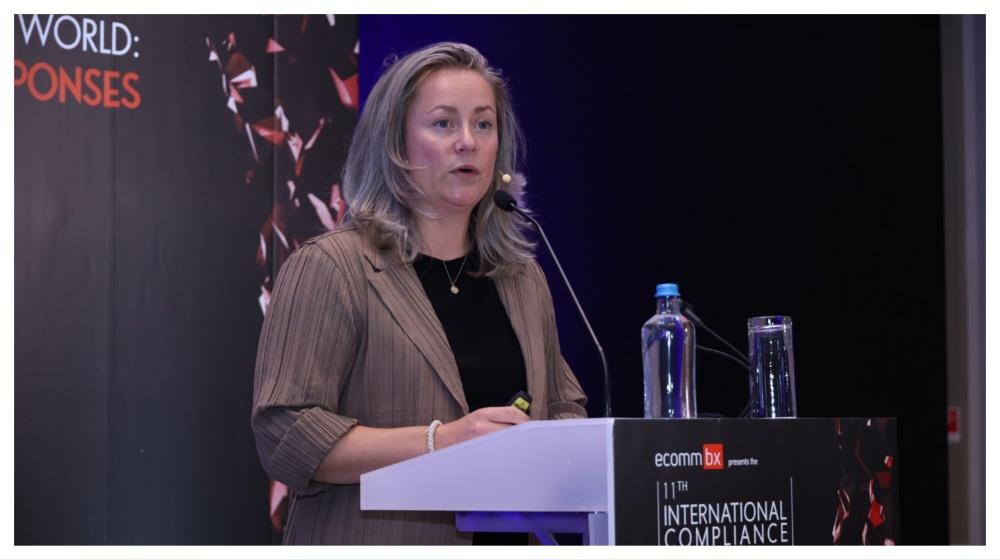At a time of increasing need to effectively combat money laundering and terrorist financing, the European Union is entering a new era of supervision.
By creating the Authority for Anti-Money Laundering and Countering the Financing of Terrorism (AMLA) (AMLA), the EU is laying the foundations for a single and more effective monitoring mechanism, enhancing the consistency and correct application of the relevant European rules across all Member States.
AMLA will operate as a decentralised European organization, with the mission of coordinating national authorities and achieving a unified supervisory approach across the Union.
The goal is twofold: The radical transformation of AML/CFT (Anti-Money Laundering / Countering the Financing of Terrorism) supervision and the strengthening of cooperation between national Financial Intelligence Units (FIUs).
But what does this mean in practice for the private sector? What will the role of AMLA be in the direct supervision of financial institutions and other obliged entities? And how will it affect businesses' compliance strategies?
As part of the 11th International Compliance Forum, presented by ECOMMBX, Melissa van den Broek, Senior Manager, Forensic Integrity & Compliance, KPMG Advisory, The Netherlands, answered the above questions.
Her speech, titled 'All eyes on AMLA: The implications of AMLA's Function and Agenda for the Private Sector', focused on the direct and indirect consequences of AMLA's operation for the private sector.
AMLA: Main responsibilities and functions
AMLA will start with the direct supervision of up to 40 high-risk financial entities, including at least one from each member state.
As van den Broek explains, the selection of these entities will take place every three years, with criteria such as their activity in at least six member states and their risk profile.
Supervision will be carried out by Joint Supervisory Teams (JSTs) led by AMLA and will include on-site inspections. AMLA will have the possibility to take over the supervision of other entities, either at the request of a national supervisory authority or ex officio, in cases where local supervision is found to be insufficient.
Indirect supervision of national supervisory authorities
According to Melissa van den Broek, supervision will have a coordinating role, facilitating thematic audits, conducting periodic assessments of supervisory mechanisms and peer reviews of non-financial supervisors, in order to ensure consistency and high quality of supervision.
It may also request national supervisors to ensure compliance with AML/CFT obligations or investigate possible failures to do so.
AMLA will maintain a central database of information relevant to the supervisory system.
Coordination hub for FIUs
AMLA will play a key role in coordinating the Financial Intelligence Units (FIUs), preparing risk assessments and trends in the AML/CFT sector, facilitating joint analysis of cross-border cases and mediating between FIUs. It will also be responsible for managing FIU.net, the European communication network of FIUs.
In addition, as van den Broek stated, it will have regulatory authority to develop technical standards, issue guidelines, opinions and non-binding recommendations, as well as provide educational tools and publications to raise awareness about ML/TF risks.
The timetable and priorities
AMLA is expected to be fully operational from 1 January 2028, with the first selection of supervised entities estimated to be completed by mid-2027.
According to its official agenda, AMLA's three main priorities are:
- The harmonisation of European compliance standards for financial institutions, through the completion of the Single European Rulebook and the promotion of consistent implementation.
- Strengthening private-public sector cooperation, with AMLA acting as a connecting hub between institutions, national authorities, FIUs, law enforcement authorities and international organisations. As (AMLA Chair) Bruna Szego noted (7 May 2025), “private sector engagement will be key to the success of AMLA.”
- The implementation of direct supervision, with priority given to the completion of the risk assessment methodology and selection of supervised entities, so that the JSTs can be operational in 2028.
According to Melissa van den Broek, AMLA is the starting point for a more unified, transparent and effective supervision to combat financial crime in Europe, with direct effects on the operational compliance strategy of all obliged organizations.
11th International Compliance Forum
Main Sponsor: ECOMMBX
Gold Sponsors: Complytek.ai , Icon Advisory , Infocredit Group Ltd , KPMG Cyprus , Zygos
Silver Sponsors: AMLex365 , MAP S.Platis
Supporters: ACAMS Cyprus Chapter, ACCA, ICAEW, The Marshall Islands Registry
With the Support of: ACB, ACFE, CBA, CCA, CFA Society, CIF, CYFA, The Institute of Internal Auditors, ICPAC
Strategic partner: Cyta
Communication Sponsors: CBN News, GOLD magazine, IN Business magazine, Super FM
Organised by: IMH
(Source: InBusinessNews)









